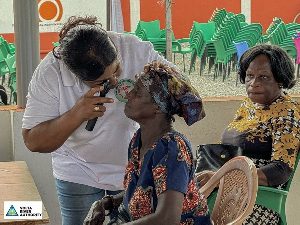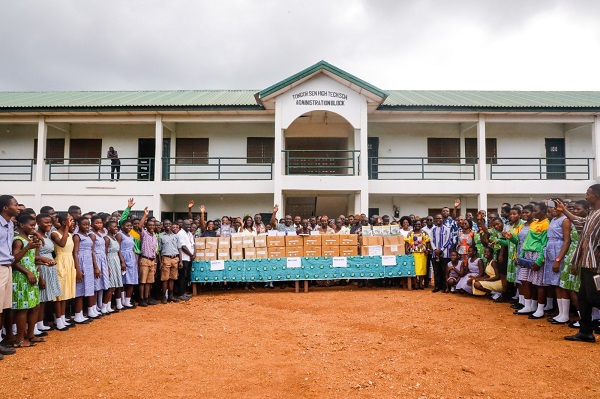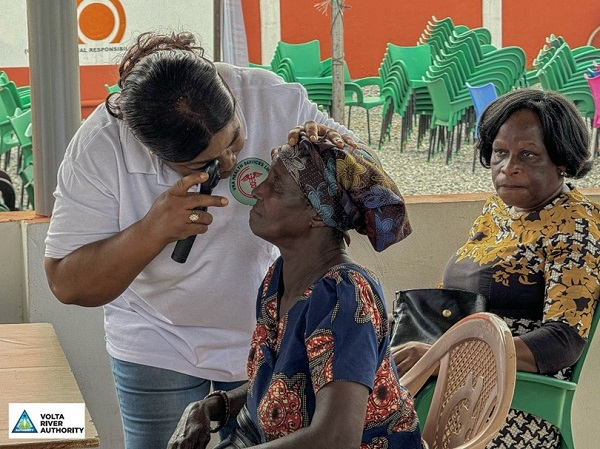 The VRA has rolled out several economic empowerment initiatives
The VRA has rolled out several economic empowerment initiatives
The Volta River Authority (VRA) has reaffirmed its unwavering commitment to its Corporate Social Responsibility (CSR) mandate, with a focus on sustainable community development within its operational areas.
For the past 64 years, the VRA has implemented a wide range of community development initiatives across key sectors including education, health, environmental protection, water, and sanitation.
These interventions are guided by a structured CSR Policy and Community Development Programme (CDP) framework, built on four strategic pillars: Education, Socio-economic Empowerment, Health and Sanitation, and Environmental Stewardship.
Since 2011, the VRA has provided educational scholarships to 449 students, including 234 beneficiaries at the Senior High School level (pre-Free SHS policy) and 215 at the tertiary level.
Through its Employee Volunteer Programme (EVP), the Authority mobilizes staff to offer career guidance, counseling, and teaching support to public Senior High Schools at no cost. Additionally, VRA consistently donates educational materials and supports infrastructure projects to advance learning in communities affected by its operations.
The VRA has rolled out several economic empowerment initiatives such as beekeeping and fruit-tree cultivation, along with alternative livelihood training programs aimed at poverty alleviation in riparian and surrounding communities.
In line with UN Sustainable Development Goal 6 (Clean Water and Sanitation), the VRA has constructed solar-powered mechanized boreholes, water systems, and biofil sanitation facilities in various districts to improve public health. These initiatives also contribute to the Authority’s Schistosomiasis (Bilharzia) control programme.
On the environmental front, the Authority remains committed to reforestation, watershed management, aquatic weed control, and pollution prevention, especially within the Volta Gorge and downstream areas.
Community and Cultural Support
VRA’s community interventions extend to the preservation of cultural heritage through support for local festivals and initiatives that promote the oral histories and traditions of the communities in which it operates.
In the Akuse area, the VRA’s support has included scholarships, educational material donations, road improvement projects, and cultural event sponsorships.
In partnership with staff groups such as VRA Ladies (VRALA) and the Association of VRA Technician Engineers (AVRATE), the Authority has also supported orphanages and refurbished school facilities, including the Natriku D/A Primary School.
While road infrastructure typically falls under the purview of local governments, the VRA has collaborated with stakeholders to improve community access where possible, within its financial capacity.
Sustained Community Engagement
The Authority emphasised its continued commitment to supporting communities in Akuse, Akosombo, Tema, Kpone, Aboadze, Anwomaso, and surrounding areas. It assured consistent collaboration with local authorities and traditional leaders to address community needs.
“The Volta River Authority remains open to constructive dialogue, meaningful partnerships, and sustained stakeholder engagement to support critical community priorities within the scope of our mandate and resources,” the Authority noted.



